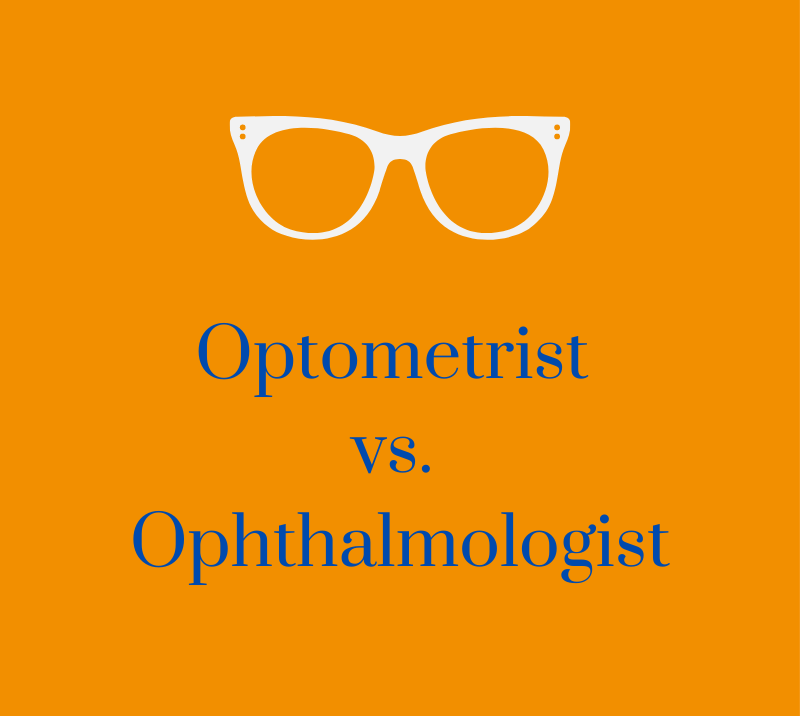We get this question all the time!
When you need contacts, glasses, an annual eye exam, or something more specialized, it can be hard to determine whether you should see an optometrist or an ophthalmologist.
Here are the differences in what optometrists and ophthalmologists provide that we hope will help you make the right decision when scheduling your annual eye exam. If you are still unsure of the difference after reading this blog post, please feel free to submit your questions below or email us at marketing@houstoneye.com.
___________________________
Ophthalmologists are medical doctors who specialize in eye and vision care. An ophthalmologist's training includes 12 – 14 years of advanced education and training in medical school, residency, and fellowships for those wanting to become subspecialists. They earn a Doctor of Medicine or M.D. degree after medical school. The extensive level of training prepares them to practice medicine and perform surgery including diagnosing and treating all eye diseases and performing eye surgery such as LASIK, cataract surgery, and corneal transplants. All ophthalmologists go through training to prescribe and fit eyeglasses and contact lenses to correct vision as well. Some ophthalmologists chose to specialize in specific eye conditions that require 1-2 years of additional training called a Fellowship as previously mentioned. Some of the main subspecialty areas are glaucoma, retina, cornea, pediatrics, neurology, and oculoplastic surgery.
Optometrists are healthcare professionals who offer vision tests, prescribe lenses and contacts, and treat certain eye conditions. An optometrist's training includes four years of undergraduate followed by four years of optometry school; after this education, an optometrist receives a Doctor of Optometry (O.D.) degree. An O.D. degree allows the doctor to perform eye exams and vision tests, prescribe corrective lenses and contacts while also catching eye abnormalities, and prescribe medication for certain eye diseases.
Ophthalmologists and optometrists are qualified to handle routine eye exams based on a patient's personal preference. However, if someone wants to do corrective vision surgery like LASIK, they will need to see an ophthalmologist.
At Houston Eye Associates, you will be seen by board-certified ophthalmologists or board-licensed optometrists at our 20 Houston area locations. If you are not sure who you should "see," our staff can help you determine this. Give us a call at 713-668-6828 to discuss your options.

